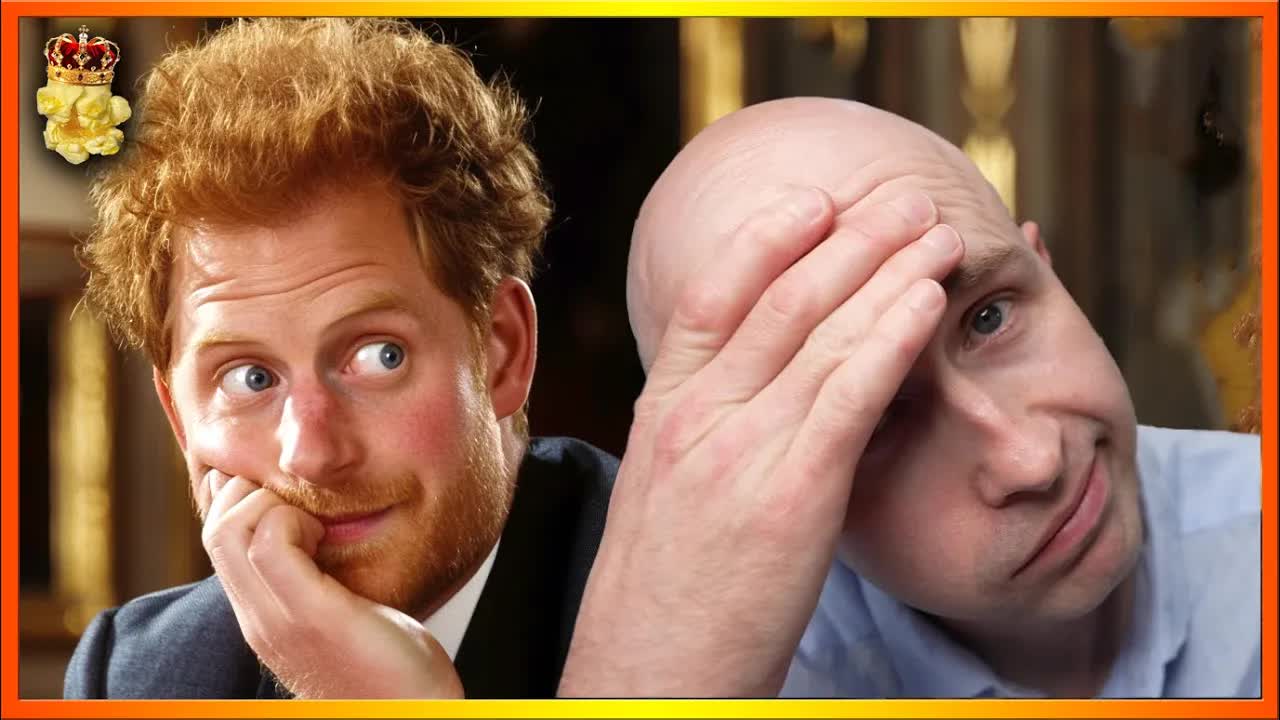UK residents, have you been feeling anxious about the prospect of footing the bill for Prince Harry‘s security?
Well, let’s dive into the latest developments with insights from legal expert Daniel, the Black Belt Barrister.
In a recent discussion on Popcorn Palace, host Andy Signor welcomed Daniel back to unpack the implications of a newly granted appeal regarding Harry’s security arrangements.
The conversation kicked off with a sense of intrigue surrounding Harry’s ongoing legal battle.
It was revealed that this appeal is more complex than it appears at first glance.
Daniel expressed his initial confusion upon learning that permission to appeal had been granted, noting that the reasons behind this decision seemed different from previous arguments presented in court.
The legal jargon can be daunting, but it essentially boils down to whether Harry’s claims have any merit.
As Daniel sifted through the court’s ruling, he highlighted a critical point: while the headlines may scream success for Harry, the reality is far less optimistic.
The judge’s comments suggested a reluctance to fully endorse the appeal, hinting that the original ruling by Sir Peter Lane might still hold strong.
This isn’t just a green light; it’s more like a cautious nod, suggesting that the court is willing to consider the case but isn’t convinced of its validity.
One of the most perplexing aspects of this ruling is the judge’s wording.
Phrases like “real prospect of success” can be misleading.
They don’t guarantee a win; they merely indicate that there’s a chance, however slim, that the appeal could succeed.
Daniel pointed out that the judge’s hesitance is evident, which raises questions about the strength of Harry’s case moving forward.
Delving deeper into the specifics, Daniel noted that not all grounds for appeal were persuasive.
For instance, the judge dismissed several points raised by Harry’s team, particularly those related to the potential consequences of a successful attack on him and the costs involved.
This suggests that the court is not inclined to overturn the original decision lightly.
Interestingly, Harry’s legal team requested an expedited hearing, citing security concerns.
However, the judge’s response was clear: he would not prioritize Harry’s case over others.
This decision underscores the court’s view that Harry should not expect special treatment simply because of his royal status.
The crux of the matter revolves around the nature of the security provided to Harry.
Instead of around-the-clock armed police protection, the arrangement now requires him to apply for security in advance.
This means he isn’t left unprotected, but he must navigate a bureaucratic process to ensure his safety during visits to the UK.
It raises the question: is this really an unreasonable expectation?
Daniel and Andy explored the potential backlash Harry might face from the public due to this ongoing legal saga.
As Harry continues to challenge the security arrangements, many citizens may grow increasingly frustrated, especially considering his reduced presence in the UK.
Could this lead to a more negative perception of him among the British public?
From a reputation management perspective, it seems wiser for Harry to accept the existing security provisions rather than continue to push for changes.
While he does have access to security, the insistence on more immediate and flexible arrangements could backfire, painting him as entitled and out of touch.
As the discussion wrapped up, both Daniel and Andy agreed that the British justice system is carefully weighing Harry’s claims.
The upcoming appeal will likely revert to the original ruling, which was well-articulated and grounded in solid reasoning.
This situation serves as a reminder that the wheels of justice may turn slowly, but they do turn.
In the end, this saga highlights the complexities of royal life in the modern era.
While Prince Harry may feel justified in his pursuit of better security arrangements, the public’s patience may wear thin.
The implications of this appeal extend beyond the courtroom, potentially affecting how he is viewed by the very people he once called home.










